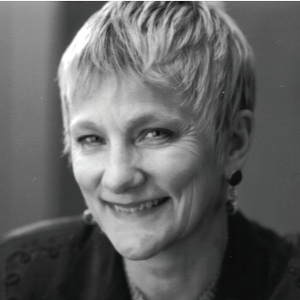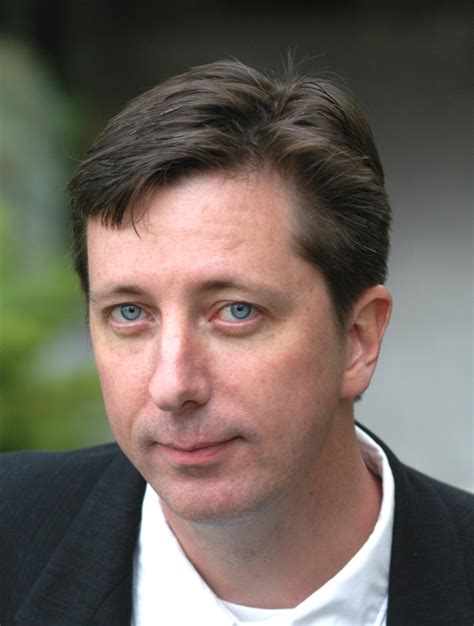A Quote by Reshma Saujani
I'm a big proponent of mandatory computer science education. I think the first step is educating policymakers that technology is changing the way that we live and work, and it's happening so fast.
Related Quotes
I've never considered soundtracks for what I write. Nor have I considered computer drawing or painting. As a painter, I'm still trying to perfect what I started out doing with brushes, pen and ink, paint, etc. The transition, for me, from typewriter to computer was a big step. I am now very comfortable with writing on a computer but it took awhile. Because I did make that big step I won't rule out what happens in the future.
My background, I really am a computer hacker. I've studied computer science, I work in computer security. I'm not an actively a hacker, I'm an executive but I understand the mindset of changing a system to get the outcome that you want. It turns out to make the coffee, the problem is actually how the beans get turn into green coffee. That's where most of the problems happen.
My high school, the Illinois Mathematics and Science Academy, showed me that anything is possible and that you're never too young to think big. At 15, I worked as a computer programmer at the Fermi National Accelerator Laboratory, or Fermilab. After graduating, I attended Stanford for a degree in economics and computer science.
The first proponent of cortical memory networks on a major scale was neither a neuroscientist nor a computer scientist but .. a Viennes economist: Friedrich von Hayek (1899-1992). A man of exceptionally broad knowledge and profound insight into the operation of complex systems, Hayek applied such insight with remarkable success to economics (Nobel Prize, 1974), sociology, political science, jurisprudence, evolutionary theory, psychology, and brain science (Hayek, 1952).



































